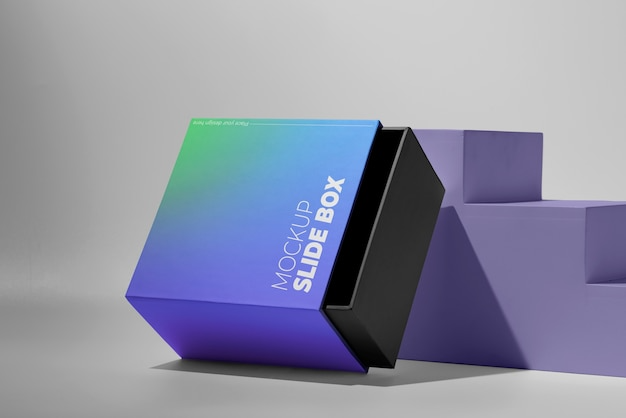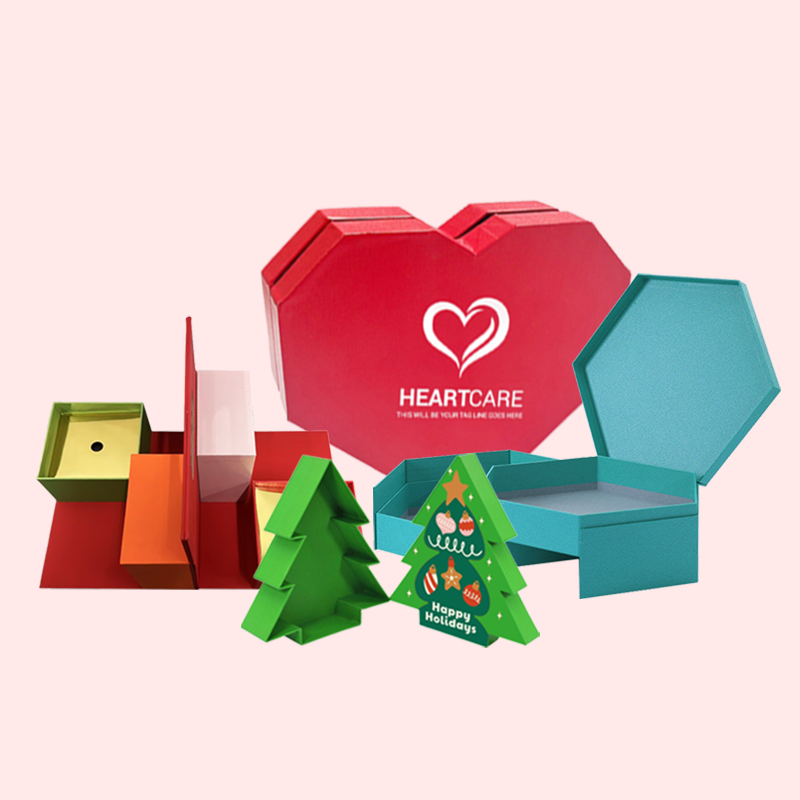Packaging plays a crucial role in marketing a product. It’s not just about protecting the item inside; it’s a powerful tool that communicates the brand’s message, attracts consumers, and influences purchasing decisions. But how exactly does packaging affect marketing? Let’s explore this in detail.

Introduction to Packaging in Marketing
Have you ever bought a product just because it looked good? That’s the power of packaging. Packaging isn’t just a box or wrapper; it’s the face of the product. It’s the first thing you see, touch, and interact with, making it a critical element in marketing. In this article, we’ll dive into why packaging is so important in marketing a product and how it influences consumer behavior.
The First Impression Counts
You never get a second chance to make a first impression. The same goes for products. When a consumer sees a product on the shelf, the packaging is the first thing they notice. If it’s eye-catching, they’re more likely to pick it up. If it looks dull or unappealing, they’ll probably move on to something else.
Why First Impressions Matter
First impressions are formed within seconds. Packaging needs to grab attention quickly and convey the product’s value instantly. Think of it as the product’s “elevator pitch” to the consumer.
Real-World Examples
Consider Apple’s sleek and minimalist packaging. It exudes sophistication and quality, which aligns perfectly with their brand image. This first impression sets the tone for the entire user experience.


Brand Identity and Recognition
Packaging is a key component of a brand’s identity. It carries the brand’s logo, colors, and design elements that make it recognizable. Strong brand identity through packaging helps build brand loyalty and trust.
Consistency is Key
Consistent packaging helps consumers easily recognize a brand across different products and categories. It creates a cohesive brand image that stands out in a crowded market.
Examples of Strong Brand Identity
Coca-Cola’s red and white packaging is instantly recognizable around the world. This consistency in packaging has helped Coca-Cola maintain its strong brand identity for decades.
Influencing Consumer Decisions
Packaging can significantly influence consumer purchasing decisions. The design, information, and overall feel of the packaging can persuade a consumer to choose one product over another.
Visual Appeal
Attractive packaging can create a sense of desire and urgency. Bright colors, interesting shapes, and unique designs can make a product stand out and catch the consumer’s eye.
Informational Content
Packaging also provides important information about the product, such as ingredients, usage instructions, and benefits. Clear and concise information helps consumers make informed decisions.
Packaging as a Marketing Tool
Packaging serves as a silent salesman. It communicates the product’s features, benefits, and brand values without a single word being spoken. Effective packaging can convey luxury, affordability, eco-friendliness, and more.
Marketing Messages
Packaging can carry promotional messages, slogans, and even calls to action. Limited edition packaging or special offers printed on the packaging can create excitement and drive sales.
Enhancing Brand Storytelling
Good packaging tells a story. It can convey the brand’s history, values, and mission, creating a deeper connection with the consumer.
The Role of Colors and Design
Colors and design play a crucial role in packaging. They evoke emotions and associations that can influence consumer behavior.
Color Psychology
Different colors can evoke different emotions. For example, green is often associated with health and sustainability, while red can evoke excitement and urgency.
Design Elements
Shapes, fonts, and images all contribute to the overall design of the packaging. A well-designed package not only looks good but also communicates the right message to the consumer.
Sustainability in Packaging
In today’s world, sustainability is more important than ever. Consumers are becoming more eco-conscious, and they prefer brands that use sustainable packaging.
Eco-Friendly Materials
Using materials like recycled paper, biodegradable plastics, and reusable containers can attract environmentally conscious consumers.
Reducing Waste
Minimalist packaging that uses fewer materials and reduces waste can appeal to consumers looking to make greener choices.
Packaging and Product Protection
While packaging needs to look good, it also has to protect the product. Packaging that fails to protect its contents can lead to damaged goods and dissatisfied customers.
Importance of Durability
Durable packaging ensures that the product reaches the consumer in perfect condition, reducing the likelihood of returns and complaints.
Balancing Protection and Design
Finding the right balance between protection and design is key. The packaging should be sturdy enough to protect the product while still being attractive and easy to open.
Innovative Packaging Solutions
Innovation in packaging can set a product apart from the competition. Creative and innovative packaging solutions can create buzz and draw attention.
Smart Packaging
Smart packaging includes features like QR codes, RFID tags, and sensors that enhance the consumer experience and provide additional information.
Interactive Packaging
Interactive packaging that involves the consumer, such as puzzles, games, or augmented reality experiences, can create a memorable experience and encourage repeat purchases.
Case Studies: Successful Packaging
Looking at successful packaging examples can provide valuable insights into what works and why.
Apple
Apple’s packaging is known for its sleek design and attention to detail. The unboxing experience is almost as important as the product itself, creating a sense of excitement and anticipation.
Tiffany & Co.
Tiffany’s iconic blue box is synonymous with luxury and elegance. The packaging is so well-known that it has become a symbol of the brand itself.
Emotional Connection Through Packaging
Packaging can create an emotional connection with consumers. It can evoke memories, feelings, and associations that make the product more desirable.
Storytelling
Packaging that tells a story can create a deeper connection with the consumer. This could be the story of how the product is made, the people behind it, or the brand’s mission and values.
Nostalgia
Nostalgic packaging can evoke fond memories and a sense of comfort, making consumers more likely to choose a product.
Practicality and Functionality
While aesthetics are important, packaging also needs to be practical and functional. Consumers appreciate packaging that is easy to use and serves its purpose well.
Ease of Use
Packaging that is easy to open, resealable, or designed for convenience can enhance the consumer experience.
Multi-Functionality
Packaging that serves multiple purposes, such as a box that can be reused for storage, adds extra value for the consumer.
Packaging and Customer Experience
The packaging is often the first physical touchpoint a consumer has with a product. A positive packaging experience can enhance overall customer satisfaction.
Unboxing Experience
A well-designed unboxing experience can create excitement and anticipation, making the consumer feel valued and appreciated.
Customer Perception
High-quality packaging can enhance the perceived value of a product, making consumers more willing to pay a premium price.
The Future of Packaging in Marketing
The future of packaging is bright and full of possibilities. With advancements in technology and a growing emphasis on sustainability, packaging will continue to evolve and play a critical role in marketing.
Trends to Watch
Trends like smart packaging, eco-friendly materials, and personalized packaging are likely to shape the future of packaging in marketing.
Embracing Change
Brands that embrace these trends and continuously innovate their packaging will stay ahead of the competition and meet the changing needs of consumers.
Conclusion
Packaging is much more than just a container for a product. It’s a powerful marketing tool that can influence consumer behavior, build brand identity, and create emotional connections. By investing in good packaging, brands can enhance their overall marketing strategy and achieve greater success in the marketplace.
FAQs
1. How does packaging influence consumer buying decisions?
- Packaging influences consumer buying decisions by attracting attention, conveying important information, and creating an emotional connection with the product.
2. What role does packaging play in brand identity?
- Packaging plays a crucial role in brand identity by using consistent design elements, colors, and logos that make the brand easily recognizable.
3. How can sustainable packaging benefit a brand?
- Sustainable packaging can benefit a brand by attracting eco-conscious consumers, reducing environmental impact, and enhancing the brand’s reputation.
4. What are some innovative packaging trends to watch for in the future?
- Innovative packaging trends include smart packaging with technology integration, interactive packaging, and the use of eco-friendly materials.
5. How important is the unboxing experience for consumers?
- The unboxing experience is very important for consumers as it creates excitement, enhances perceived value, and can lead to positive word-of-mouth and repeat purchases.
By understanding and leveraging the power of packaging, brands can create stronger connections with consumers and achieve greater success in the competitive marketplace.






